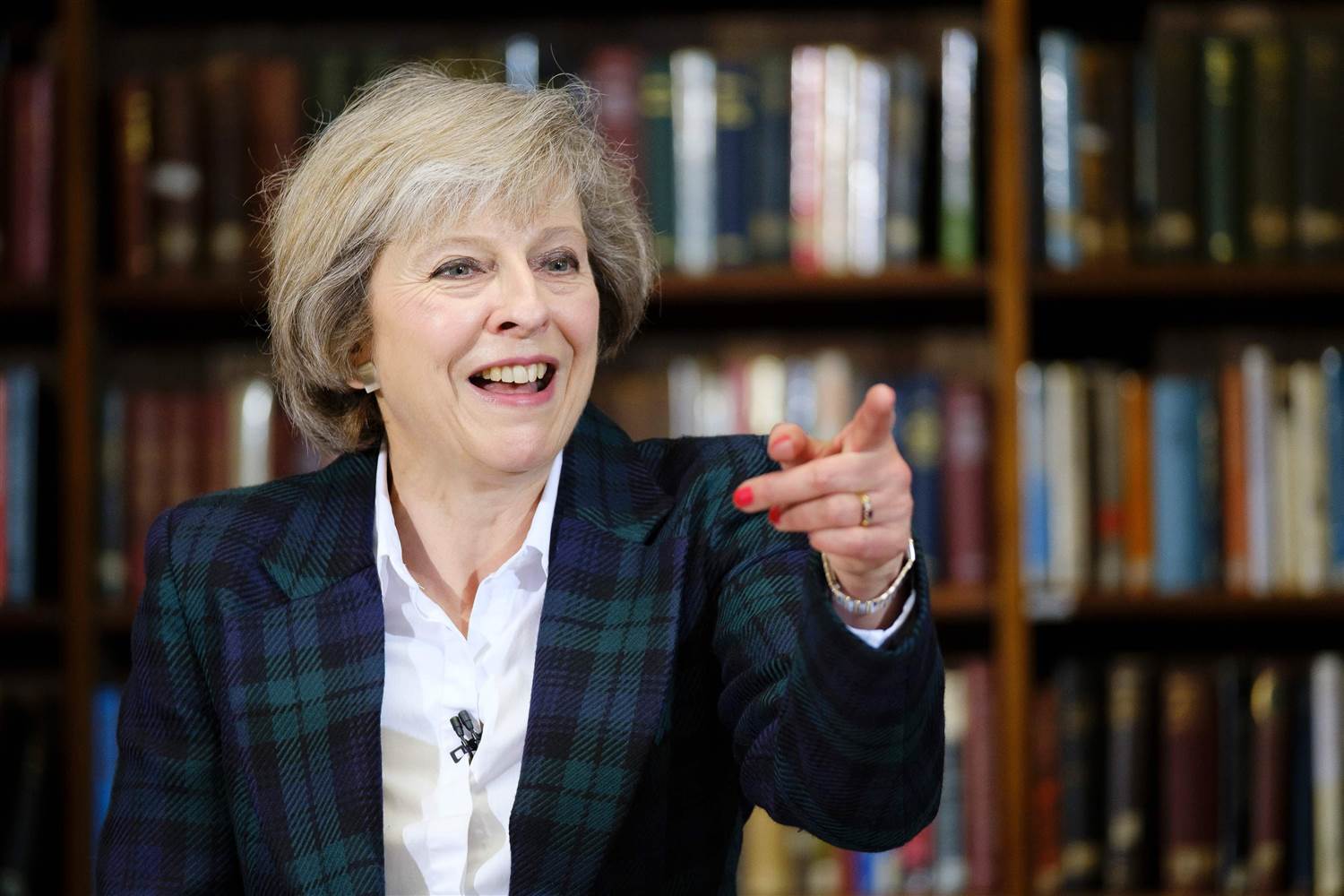You might think you’re sick of hearing about Britain and the European Union, perhaps even exhausted of the whole affair, but Theresa May most likely cannot close her eyes without seeing ‘Brexit’. Don’t be fooled by nominal investments in mental health, or indeed her upcoming fashion shoot with Vogue, every decision made by Theresa May is dominated by the imperative of leaving the EU.
May’s mandate comes not from a general election but from the referendum in June last year; she is the Brexit Prime Minister. The importance of this speech, giving long-awaited clarity on her abstruse ‘Brexit means Brexit’ plan, should not be understated. This speech has been planned meticulously, as confidence in the government relies on confidence in their Brexit plan.
And she pulled it off. May appeared resilient. Many of the uncomfortable points were leaked over the past few days, to make them less shocking when they were ‘revealed’ on Tuesday, for example, the announcement that Britain is undoubtedly leaving the Single Market, whilst trying to retain the ‘greatest possible access’ to it. While not unexpected, this is a bold move, played off as a part of her purported vision of a global outlook for British trade.
This speech was to a large extent aimed at the international community and specifically other European countries. What particularly came across was her emphasis on intelligence and security services, and co-operation to create a safer Europe; this will clearly be one of her greatest assets as a bargaining chip in negotiations. A subtle threat was reiterated throughout the speech: ‘You need us to combat terrorism’. The buzz-phrase that has emerged from this speech was ‘No deal is better than a bad deal’. Britain won’t accept a deal that in some way or another punishes it for leaving the union.
Unfortunately, May making the hopeful declaration that ‘the country is coming together’ does not make it happen. It’s speculated that a second independence referendum in Scotland is more or less inevitable now that we know we’re leaving the single market. Furthermore, the tariff negotiations to work around the Customs Union will struggle to avoid a hard border for Northern Ireland.
The division goes beyond regions, traversing age groups, classes, widening gaps in all elements of society. May’s speech indeed sets out a path, but one which will contribute to the increasing polarization of opinions in Britain. Tim Farron called the speech a ‘theft of democracy’, as the extreme position will alienate the 48% who voted to remain.
More questions immediately arise from the points laid out in May’s Brexit speech. Parliament will get a vote on the final deal, but what happens to the exit process if they reject it? Freedom of Movement will not be pursued, but what migration system will replace it? This speech is certainly not an end to the chaos of the Brexit process, but was instead intended to give off the impression of strength and unity. For the former Home-Secretary, this was a desperate attempt to look like a Prime Minister.
Hugo Jones
(Image courtesy of NBC News)

